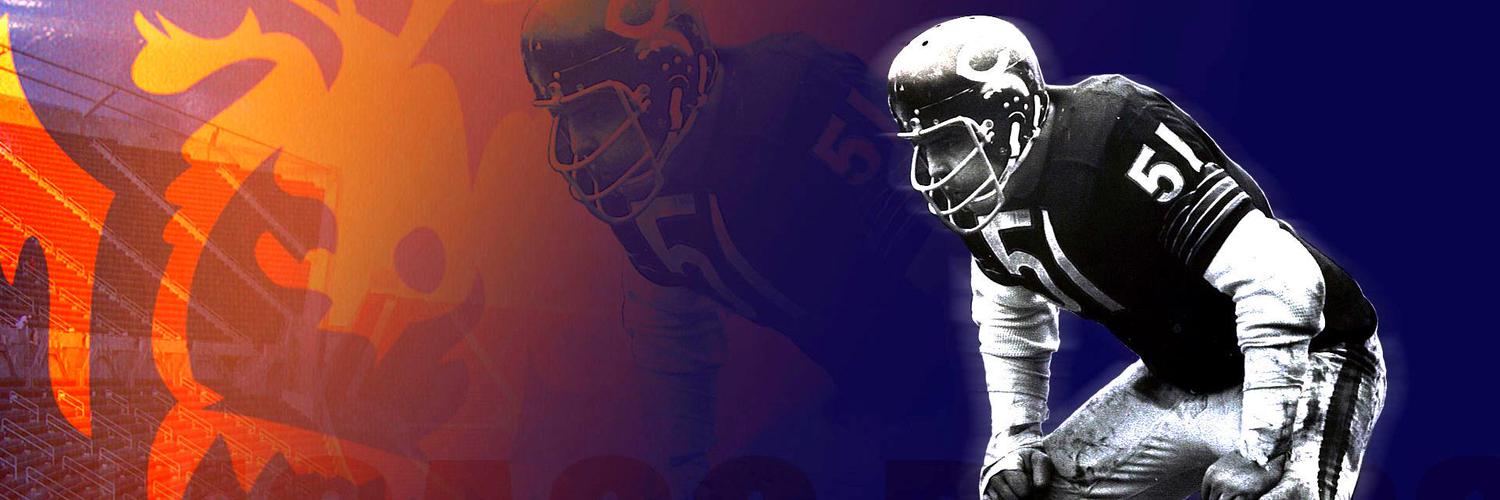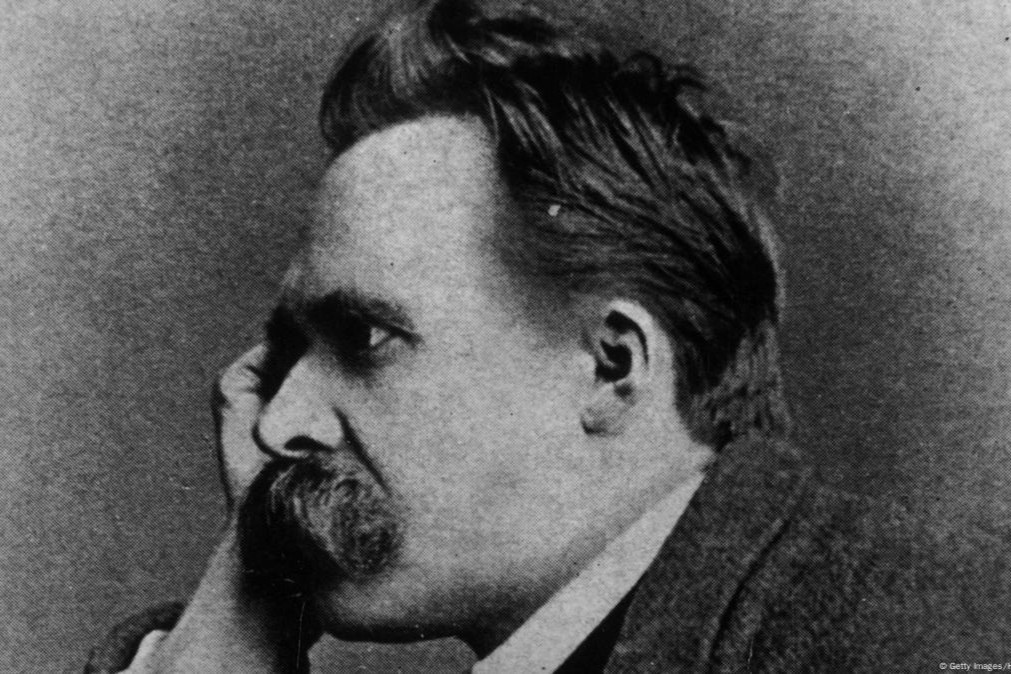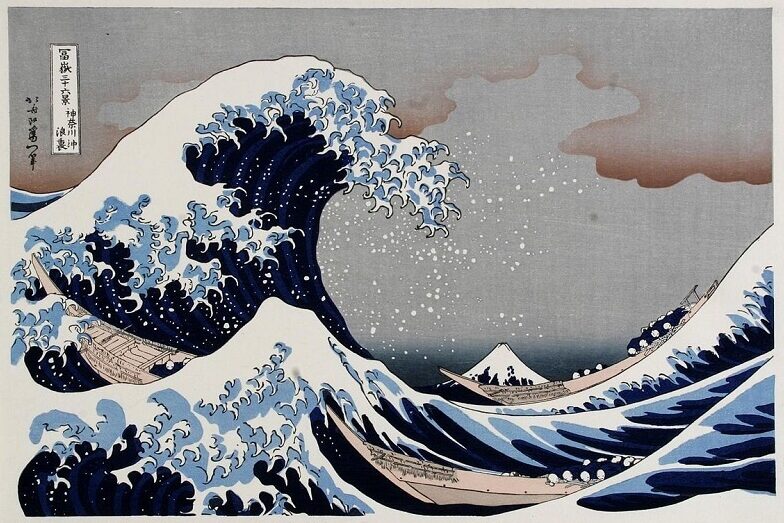Those of you familiar with my posts through the years know I like Zen. However, I also appreciate Friedrich Wilhelm Nietzsche
Some may see this as paradoxical since Nietzsche essentially deems Eastern Philosophy [and Christianity] ultimately too passive and nihilistic
After all, what can be more ridiculous than “the will to nothingness”?
But hey, Zen is all about paradoxes, as is Nietzsche
“For if a poet should be consistent
How could he ever show things existent?” – some Romantic, likely Shelly
I’m no Nietzsche acolyte [believe me, you run across them in certain circles], but he is what I would coin a “dark prophet”
A keen eye that observes humanity and comes away mostly disgusted
Much in the same vein as Machiavelli, Thomas Hobbes or more recently the Coen Brothers

With that in mind, I came across a fascinating breakdown as to why power corrupts, and why humans fall for strongmen such as Caesar, Napoleon, Najib Razak, Putin…
I cannot recommend this psychological topology enough
——-crib notes———
- According to Harvard and University of Chicago, 40% of corrupt politicians in certain regions consistently win elections – why?
“Sometimes you need someone willing to break the rules” and “They get things done”
- “When personal control feels impossible during economic instability, social upheaval, or personal failure, we become susceptible to anyone who offers us a share in their apparent power”
- “Ressentiment” – a festering psychological condition born from perceived powerlessness, suppressed vengeance and redirected rage:
“Man would rather will nothingness than will nothing at all”
Some would rather destroy than meekly watch; at least destruction gives the illusion of personal power
- “When we elevate leaders to heroic or even quasi-religious status, we become invested in defending their mythic image rather than evaluating their actual behavior. Supporters of controversial leaders often integrate their personal identity with narratives about their leader’s greatness. Abandoning their leader would require reconstructing their own identity making criticism feel like self-betrayal”
- “Beware that statue does not crush you”

“Ozymandias”
Percy Bysshe Shelley
1792 –1822
I met a traveller from an antique land,
Who said—“Two vast and trunkless legs of stone
Stand in the desert. . . . Near them, on the sand,
Half sunk a shattered visage lies, whose frown,
And wrinkled lip, and sneer of cold command,
Tell that its sculptor well those passions read
Which yet survive, stamped on these lifeless things,
The hand that mocked them, and the heart that fed;
And on the pedestal, these words appear:
My name is Ozymandias, King of Kings;
Look on my Works, ye Mighty, and despair!
Nothing beside remains. Round the decay
Of that colossal Wreck, boundless and bare
The lone and level sands stretch far away.”




